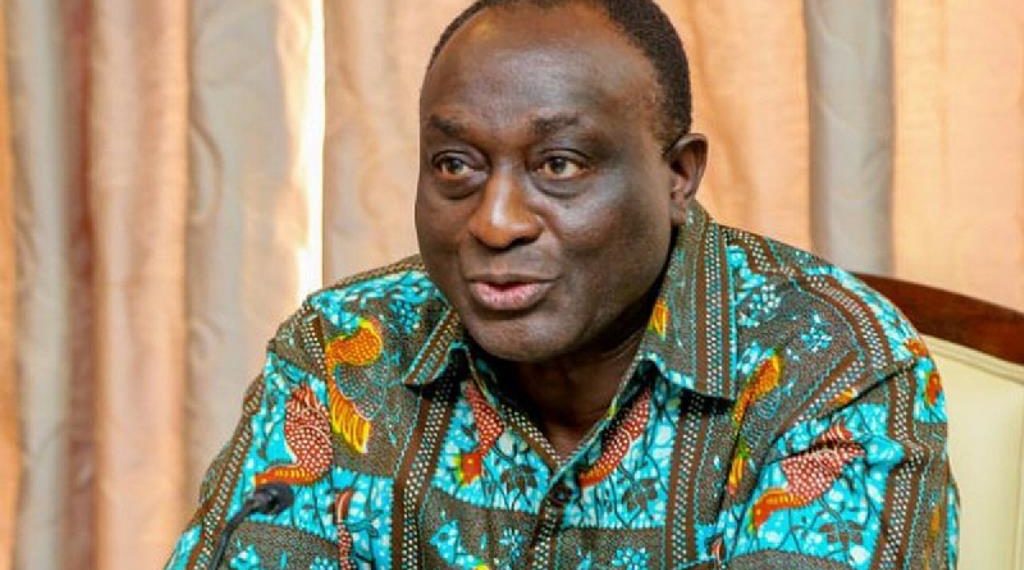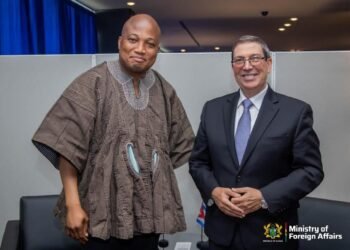Minister for Trade and Industry, Alan Kyeremanten has revealed that, there has been progress in consolidating the rules of origin negotiations in terms of percentage coverage on the agreement regarding the Africa Intercontinental Free Trade Area (AfCFTA) when it comes to the rule of origin.
Interactin with the media at the commissioning of a factory under the one district one factory initiative, Mr. Kyeremanten noted that all processes have been exhausted so far.
“With consolidating the rules of origin negotiations in terms of percentage coverage, I will say that already we have consensus for over eighty percent of tariff lines but because trading is supposed to commence on the 1st of January 2021, we are working very hard, that’s between the state parties so that we can conclude all the negotiations on the rules of origin before the start of trading.
“But in the event that we are unable even to conclude the negotiation on all the tariff lines, based on the provisions of the AfCFTA agreement, you can still start trading in the products for which rules of origin have been completed”.
Mr. Kyeremanten further revealed that, in such a rare case government is unable to conclude negotiation, it will not exempt them from being involved in trading.
“So, it will not necessarily preclude us from the start of trading and also we’ve gone very far with negotiation on tariff offerings. So, each country or customs union has to be able to designate the product that they will trade freely in, the products that are designated as sensitive products; which means that there’s restricted entry and there’s also products that are put on the exclusive lists; which means that those will not be available to be traded.
“So, we’ve gone quite far with our preparations at the start of trading and as a country, we’ve already organized two sensitization workshops to get stakeholders to understand the conditions and what they need to prepare for the start of trading”.
Alan Kyeremanten
Meanwhile, government has unveiled the National Export Development Strategy (NEDS), with the goal to achieving a substantial increase in manufactured goods and services components of the nation’s exports to attain a projected aggregate of Non-Traditional Exports revenue target of at least 25 billion USD by the year 2030.
The National Export Development Strategy form part of government’s transformation agenda towards the revitalization and strengthening of the economy from a raw-material commodity export-based to an industrialized export-led one.
The Minister for Trade and Industry, Alan Kyeremanten, noted the purpose of the initiative is to build synergies with major emphasis on product transformation, value addition and job creation under the new plan.
The strategy, which is being spearheaded by the Ghana Export Promotion Authority (GEPA), will also provide a vehicle for implementation of the government’s industrialization programme, and align the previous National Export Strategy (NES) for the non-traditional sector with current government policies such as Planting for Export and Rural Development (PERD), which is aimed at expanding Ghana’s capacity to earn foreign exchange from agricultural exports.



















